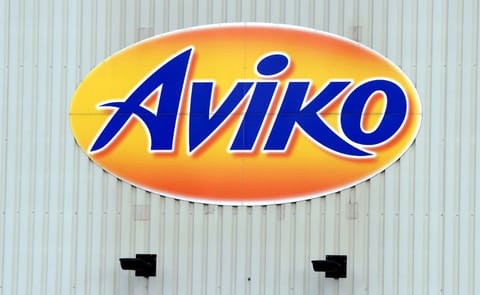Omega-9 Oils from Dow AgroSciences have helped remove over 1 billion pounds of saturated and trans fats from the North American diet with beneficial economic and nutritional impact on the food industry.
After medical research cited trans fats as increasing risk factors for heart and other chronic diseases, foodservice operators and food manufacturers across North America worked to remove trans fats from the food supply in an industry wide cooperation.
During this same time, Dow AgroSciences developed a new line of NEXERA™ canola and sunflower seeds which are the source of Omega-9 Oils, a naturally stable, trans fat-free solution with the lowest level of saturated fat, and high levels of heart-healthy monounsaturated fat.
Omega-9 Oils are the next generation of healthier oils for both foodservice and food processing, and some of the biggest names in the food industry have already made the switch. Since 2006, use of Omega-9 Oils has resulted in the removal of 1 billion pounds of bad fats, saving nearly $200 million for U.S. restaurants along the way.
“Dow AgroSciences applauds the food industry’s commitment to provide healthier options for consumers,” said David Dzisiak, Commercial Leader Oils for Dow AgroSciences. “It took a team effort to reach this milestone.”
To celebrate this team effort, Dow AgroSciences recognized the operators, suppliers, partners and health influencers who helped achieve this goal at a formal reception during the National Restaurant Association (NRA) Show on May 20, 2011.
“The celebration honored those who contributed to this significant milestone,” said Dzisiak. “We launched Omega-9 Oils at the NRA Show in 2006 right when the battle to remove trans fats was heating up. With the removal of 1 billion pounds of saturated and trans fats only five years later, it feels like things have come full circle.” Prior to the reception, members of the media were invited to attend an exclusive “Bye, Bye Billion Pounds” industry panel at Wrigley Field, which uses the healthier oil.
One billion pounds of “bad fats” translates to over 700 million pounds of trans fats and nearly 300 million pounds of saturated fat. With Americans averaging 11% of calories from saturated fat daily, switching to Omega-9 Oils provides a meaningful way to help reduce cardiovascular disease risk. And the economic impacts are clear –nearly 100 million pounds less oil is used by the restaurant industry each year thanks to Omega-9 Oils.
“Omega-9 Oils last nearly 75 percent longer than all the other oils we’d been using,’” remarked Ina Pinkney, event panelist, local restaurant operator and “Breakfast Queen” of Chicago. “I couldn’t be more pleased with our oil solution.” For more information about Omega-9 Oils and its applications in food processing and foodservice, please visit www.Omega-9Oils.com.
Omega-9 Oils from Dow AgroSciences Remove 1 Billion Pounds of Bad Fats from Diet

¿Te gustaría recibir noticias como esta por correo electrónico? ¡Únete y suscríbete!
Get the latest potato industry news straight to your WhatsApp. Join the PotatoPro WhatsApp Community!
Empresa Destacada
Contenido Patrocinado
Contenido Patrocinado
Eventos Relacionados
Contenido Patrocinado
Contenido Patrocinado











